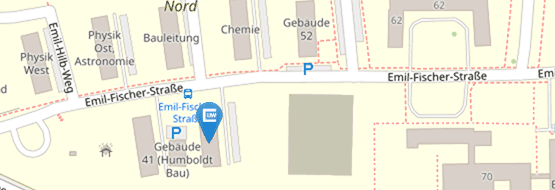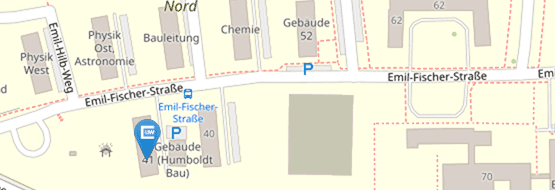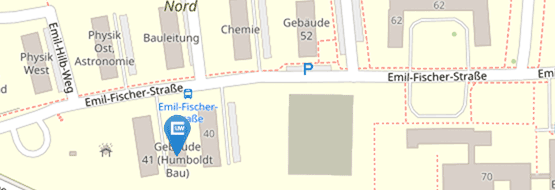The Project
Project description:
Motivation
Thanks to their impressive success, data-driven methods are not only the focus of scientific research, they have also become part of public discourse. However, with the increasing popularity of these approaches, their disadvantages are also becoming apparent. The training of artificial intelligence (AI) requires the acquisition and intensive use of hardware, which creates a financial hurdle and is associated with high energy consumption. A high degree of specialisation also prevents the flexible use of the trained models. Furthermore, many neural networks are susceptible to the smallest disturbances, which drastically limits the safe usability of and trust in such models.
Aims and Approach
In the COMFORT research project, mathematically sound methods for efficient, flexible and robust learning are being developed and, in particular, the interfaces between these areas are being investigated. Innovative algorithms for model compression in new domains will significantly reduce the effort required for training and evaluation. A key aspect is the transfer of these algorithms to a wide range of problem classes and data types (image, audio, network and time series data). Another focus is on the mathematical analysis of the interplay of compression in order to ensure the resilience of the learning methods.
Innovations and Perspektives
The theoretical advances for optimised learning of parameterised models are expected to provide important insights for the entire field and also strengthen the necessary confidence for the use of AI in practice. The efficient learning processes through model compression and transfer will also have great relevance in industry in view of the ever-increasing amounts of data resulting from technological progress. The expected CO₂ savings will have a noticeable impact on the national and global carbon footprint and earnings of companies in the AI sector.
Project period: 01.10.2024 - 30.09.2027
Funding Institution: Federal Ministry of Education and Research (BMBF)
Funding amount: 1.98 million euros
Authorisation date: 18.10.2024
Funding code: 01IS24072A-E





